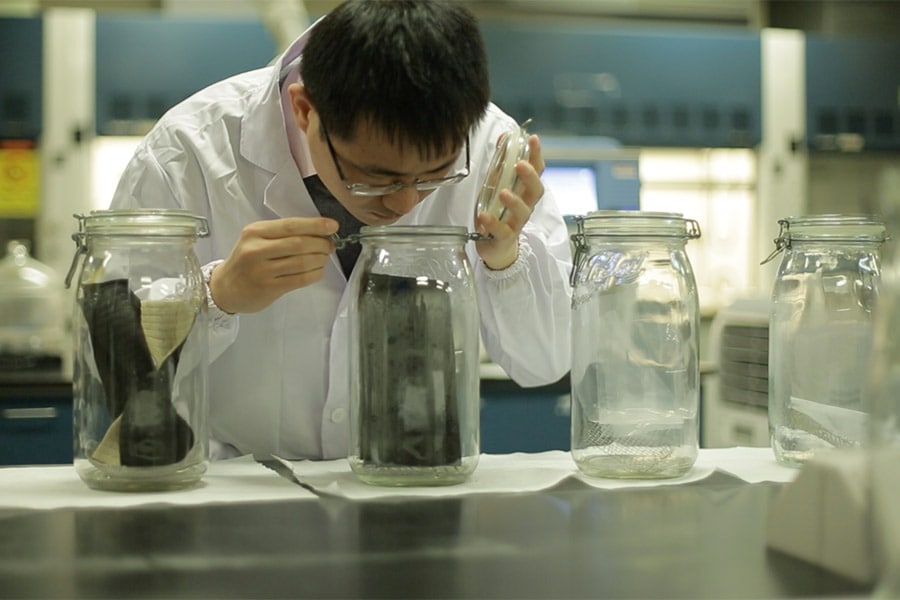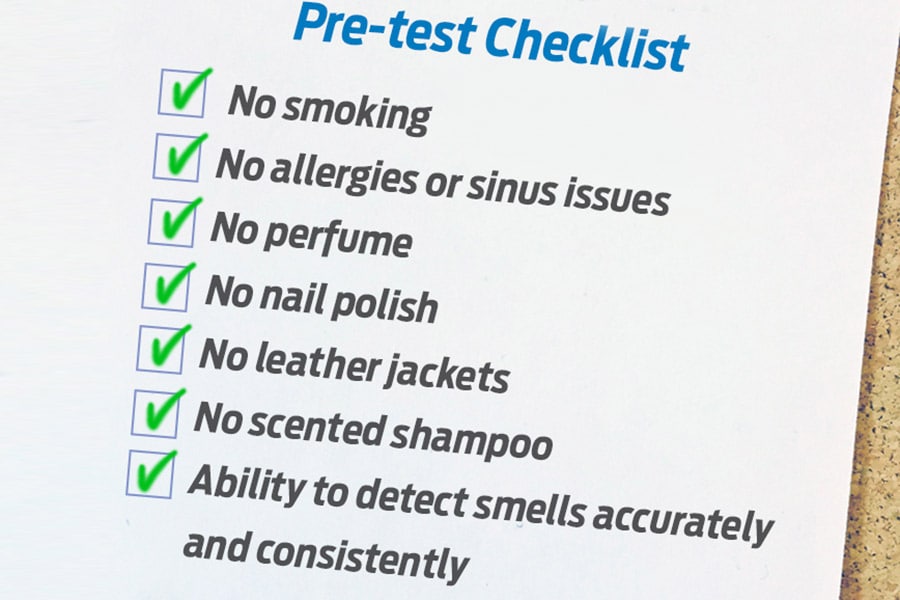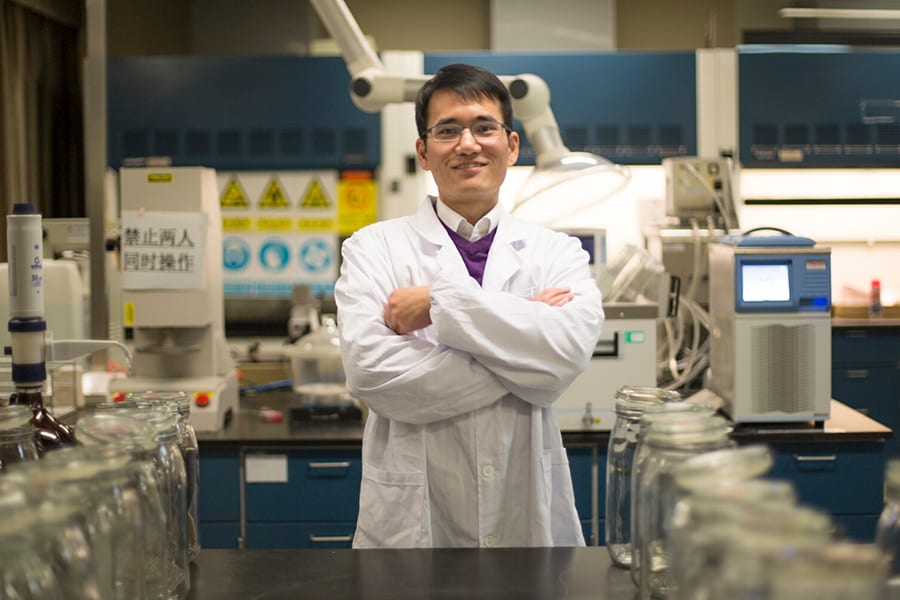
How Ford is trying to get the 'new car smell' right
Ford may be the only automaker in the world that has a dedicated team of fragrance experts it calls super-smellers; it has an odor factory in China, and their job is to smell every material that may make it to the inside of a car to make sure they get the new-car smell just right.
 A Ford Motor Company 'super smeller' engineer at work
A Ford Motor Company 'super smeller' engineer at workCar owners spend a significant amount of time in their vehicle - driving, travelling to and from work, to a supermarket or going on a road trip.
There are several studies that put a number to the amount of time people spend in their cars. According to a report by the AAA Foundation on Traffic Safety conducted last year, Americans spend an average 17,600 minutes driving every year or about 293.33 hours in their cars every year.
A report by Inrix, a Washington-based global Software-as-a-Service (SaaS) and Desktop-as-a-Service (DaaS) company that provides real-time traffic information and analytics, said that drivers in London spend over six months in traffic jams in a lifetime, while other drivers in the UK spent about 30 hours average in traffic jams in 2016.
In India, a Ford Motor Company Driving Habits Survey (2015) had found that Indians spend more time driving their cars than people in Australia, China, Thailand, and Philippines. The report – which included time spent in daily commute, short weekend trips, and longer road trips – found that 49% respondents in India spend 12 hours or more per week in their cars.
Given the amount of time that people spend inside a car, fragrance is expected to play an important role in the car buying decision. The smell of a new car has the ability to make or mar a purchase decision. For example, some people may like the smell of leather interiors while others may like the smell of polish or car wax which is used to shine the interiors.
There are studies that suggest that car buyers across the world prefer different smells – A J.D. Power 2016 China Initial Quality Study found that in China, “The most frequently reported problem is unpleasant interior smell/ odor.” This was the top problem for second year in a row in China.
Given the importance of the 'new car smell', it was only about time that it was recognised as an important factor for the car buying decision. It is this knowledge that led the Ford to set up its first odor factory in 2008 in Nanjing, China.
A Bloomberg report had quoted Jeff Cai, general manager of auto product and quality at J.D. Power China, as saying, “Smog and indoor pollution have made Chinese consumers paranoid about smells in new cars, and thus the problem is actually exaggerated. On the other hand, there’s a group of consumers in Europe and the US, who are so fond of it that they will buy new car smell spray to keep it as long as possible.”
Given how different geographies perceive the new car smell, apart from China, Ford has odor factories in the US and Europe too.
To deliver the perfect car smell, Ford now has a team of ‘super smellers’ as it calls it odor engineers. Today, it employs 18 such super smellers in the China factory that run about 300 odor tests on car materials and components that go into its Asia Pacific vehicles, the carmaker said in a blogpost.
The super smellers are picked from within the company and are put through smell tests to judge samples in 16 jars. Ford has a strict set of rules for its smellers - You can’t smoke, wear perfume, or don leather jackets. Be ready to throw out your nail polishes and shampoos with strong scents too, the carmaker said.






